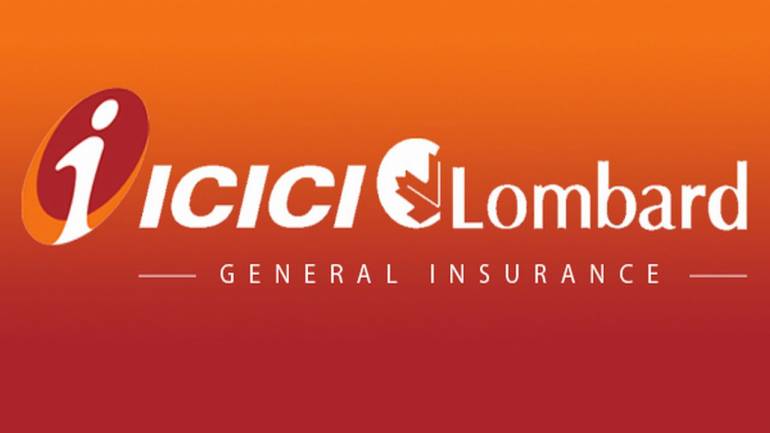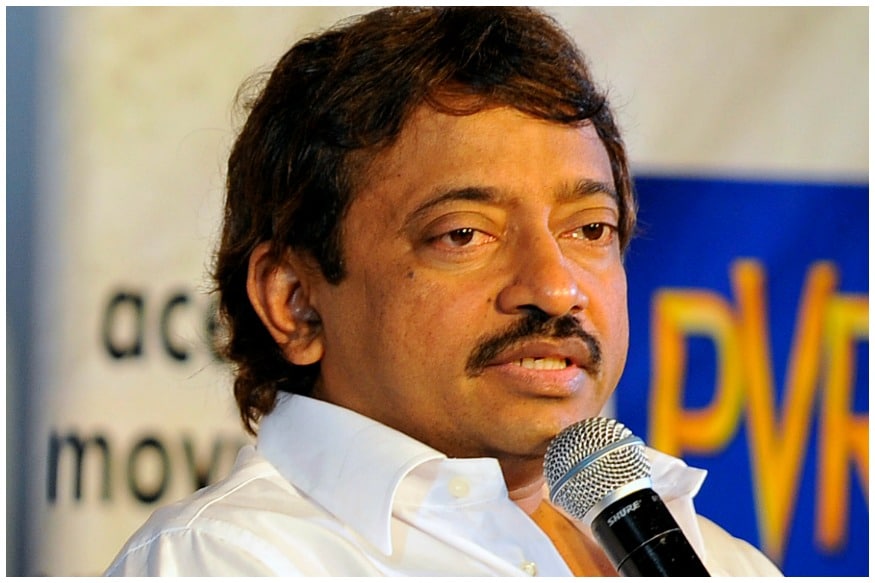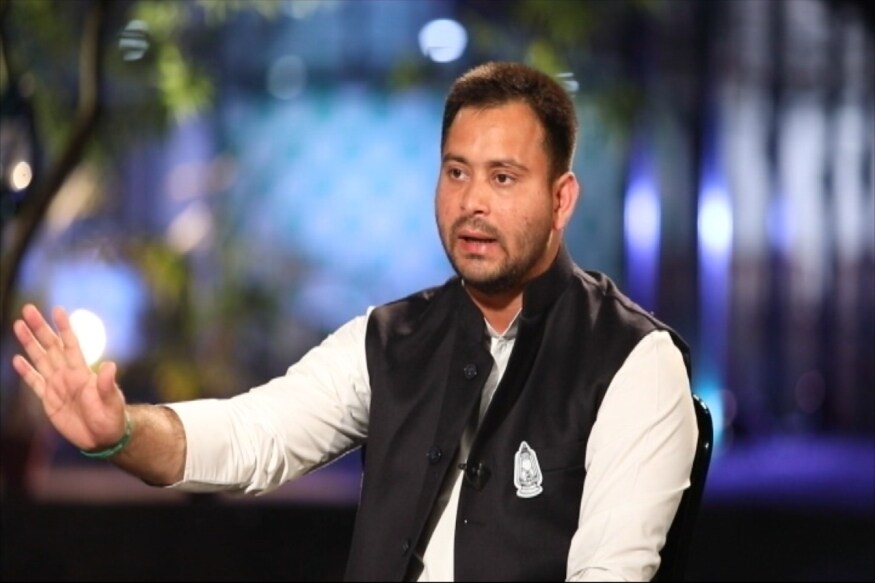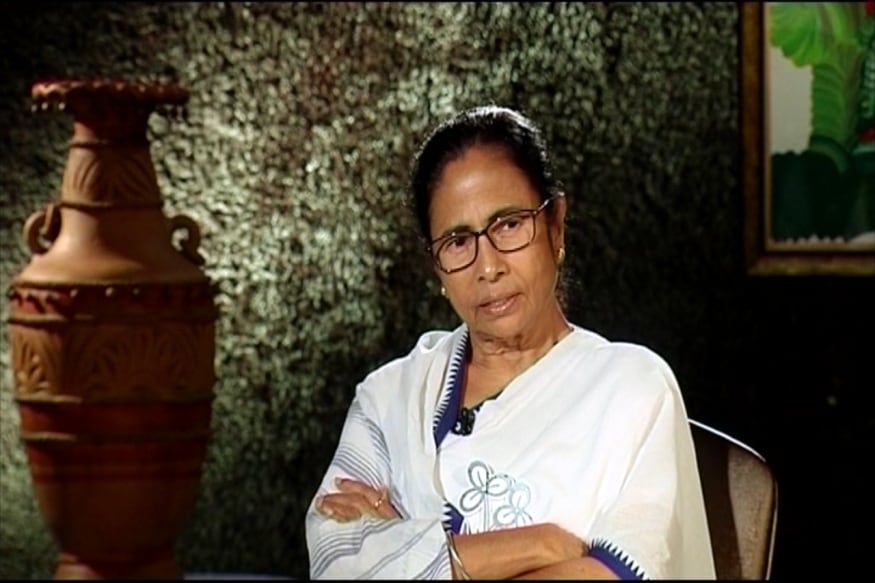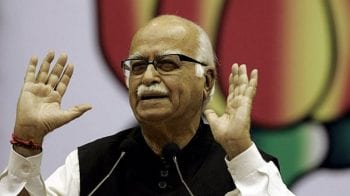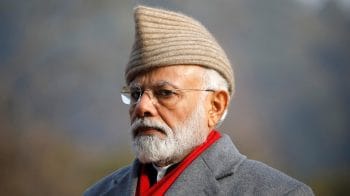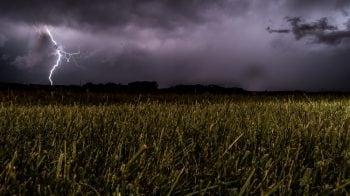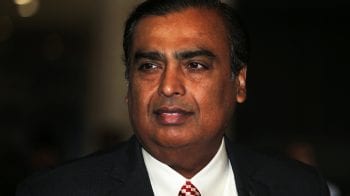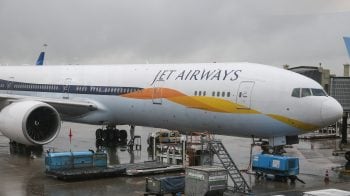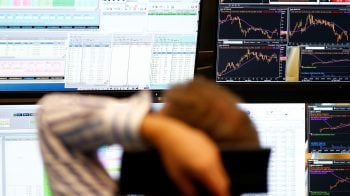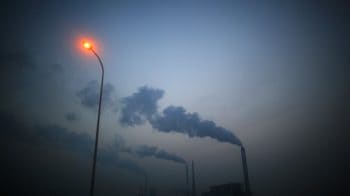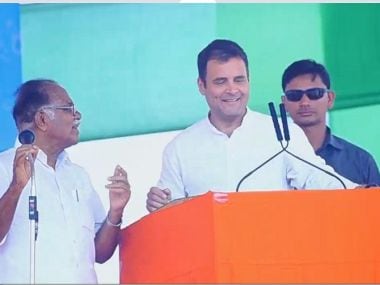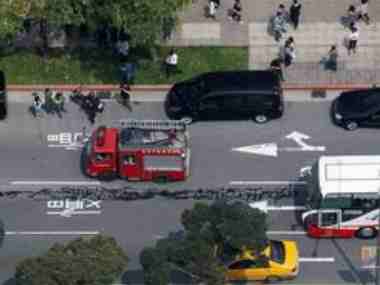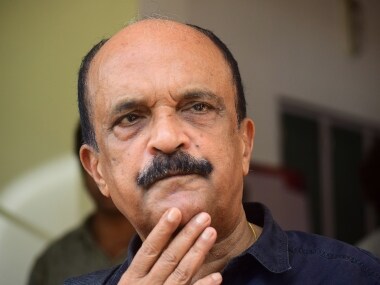The company saw an improvement in its combined ratio to 98 percent in the March quarter
Private general insurance company ICICI Lombard General Insurance posted a 7.5 percent year-on-year (YoY) rise in its March quarter net profit at Rs 227.73 crore. The non-life insurer had an underwriting loss of Rs 25.51 crore in Q4 compared to Rs 9.65 crore in the year-ago period.
Bhargav Dasgupta, MD and CEO, ICICI Lombard General Insurance, said that the company had a good year with a robost topline growth in FY19. He said that the company saw a 19.1 percent growth in gross domestic premium in Q4 compared to 12.6 percent premium growth in the non-life industry.
Combined ratio stood at 98 percent in Q4FY19 compared to 99.5 percent a year ago.
Gross direct premium income (GDPI) of the non-life insurer increased to Rs 3,485 crore in Q4 FY2019, showing a 19.1 percent YoY increase. For FY19, the GDPI stood at Rs 14,488 crore, a rise of 17.2 percent over the previous fiscal.
The loss ratio of the company for FY19 stood at 75.3 percent compared to 76.9 percent in the year-ago period.
In terms of the specific segments, motor insurance saw a 22 percent rise in premium collection to Rs 6,423 crore in FY19.
"We hope that in some time there is a price increase in motor third party insurance by the regulator. If not, this will impact our loss ratios in FY20," he added.
The insurance regulator had said that motor third party rates that are usually tweaked from April 1 every year will be on hold till further notice.
Underwriting loss in the motor business stood at Rs 155.49 crore in Q4 compared to Rs 23.36 crore underwriting profit in the same quarter previous fiscal.
Gopal Balachandran, CFO, ICICI Lombard General Insurance, said that the rise in underwriting losses is due to the upfront disclosure of the expenses in the motor business that companies are required to make.
Automobile sales in the second half of FY19 was muted due to an array of factors including rise in fuel prices, insurance price hike and NBFC sector liquidity crisis.
However, Dasgupta added that the second half of FY20 may be a better period in terms of auto sales due to a base effect.









